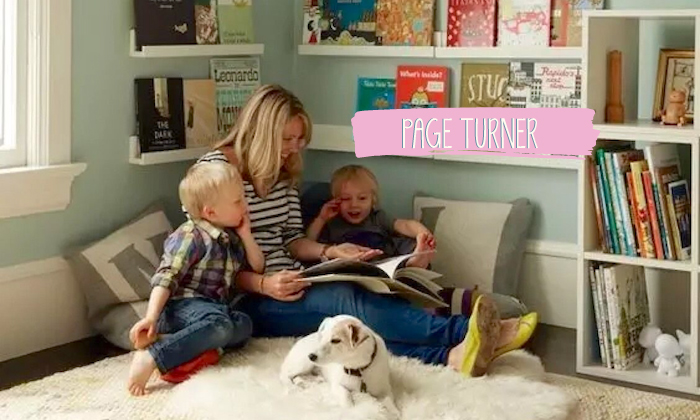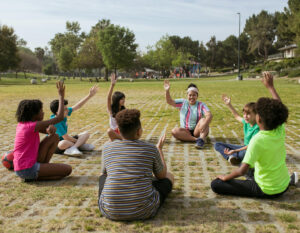
Help your child develop a love for reading
You have probably been told over and over that daily reading is important for your child. Does your house turn into a war zone every time you try and get your kiddo to sit down and read for 15 minutes? Do you find yourself begging, pleading or bribing them to read? We know that reading doesn’t always come easy for some. There are lots of things you can try to do at home to make reading a more enjoyable experience for both you and your child; here are some tips from British Tutors on how to do so.
Identify the root of the problem
First of all, reluctant readers are often struggling readers. Sit down with your child and find specifically what it is they don’t like about reading. Do they feel embarrassed reading in front of their peers at school? Is the level of books too difficult at the moment? Do they find their current books boring? Is it an issue of eyesight? Knowing what your child feels is the problem helps you work through it with them and fosters open channels of communication.

Create a safe and comfortable reading zone
Having a specific reading space can create a cosy environment to inspire reading. Whether it’s a beanbag in mama’s office or a nice big armchair in their bedroom, their own private reading space makes the whole occasion feel more special and, above all, relaxed.
Buy books which interest them
Perhaps your child is obsessed with the solar system and reading books about a dog wandering through a forest is just not engaging for them. Try to find a selection of books that reflect their interests in order to make the entire experience more gripping. Your child does not exclusively need to read fictional stories so pick up a couple of comic books or magazines as well.

Practise shared reading
Children can sometimes feel like reading is a chore if they are told to go to their room and spend 20 minutes reading alone. It can make them feel isolated and like the grown ups are excluding them from something more fun. Set aside 20 minutes where you each read your own book separately but together. Then wrap things up by discussing what has happened in the respective stories. Starting your own family book club allows you to spend quality time with your child whilst encouraging independent reading.
Play reading games
Making reading time a game is a great way to get even the most resistant readers to engage! Some great reading games you can make at home include:
- Word scavenger hunts: Hide a bunch of words around the house then ask children to find them and read them aloud
- Water balloon fight: Write sight words on balloons and ask children to read them aloud. If they get it right, they can throw their water balloon at other players. A perfect sunny day outdoors game!
- Create your own silly story: Write out a few starting sentences from your child’s favourite stories and pop them into a basket. Take turns pulling the story starters out and finish off the story will a new, silly story of your own.
 View All
View All










 View All
View All





 View All
View All


 View All
View All










